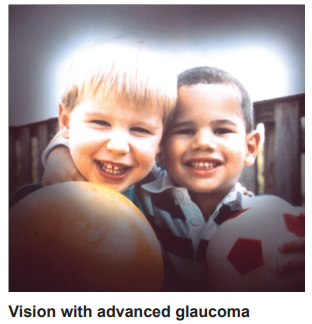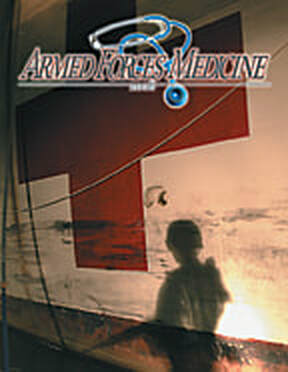
Ophthalmology
Glaucoma and regular eye exams By Hans Petersen, VHA Office of Communications Glaucoma is a disease that damages your eye’s optic nerve. It usually happens when fluid builds up in the front part of your eye. That extra fluid increases the pressure in your eye, damaging the optic nerve. However, some forms of glaucoma can damage the optic nerve, even when the eye pressure is in the normal range during the eye exam. This can happen when the eye pressure becomes high at other times of the day and the patient does not feel the pressure elevation. It can also happen when blood flow to the optic nerve becomes reduced below a critical level, which can happen during periods of very low blood pressure, even during sleep. For example, in some patients who take their hypertension medications right before bedtime, it can cause the blood pressure to drop too low during hours of sleep. Another risk factor that can adversely affect glaucoma is obstructive sleep apnea, which may also reduce the delivery of oxygen to the optic nerve Glaucoma is a leading cause of blindness for Veterans over 60 years old. But blindness from glaucoma can often be prevented with early treatment. Click here for a very helpful video by VA’s Dr. Dan Bettis which answers some of the common patient questions about glaucoma. Please take five minutes and watch it with your family. Click here for a very detailed patient’s guide to information about the disease. Veterans enrolled in VA health care can schedule appointments directly with Ophthalmology or Optometry without a referral from primary care. Schedule an eye exam at your VA health care facility. VA is at the forefront of vision research and glaucoma is one of our top priorities. A current study by Dr. Markus Kuehn is a Bioassay to Predict the Development and Progression of Glaucoma, sponsored by the VA Rehabilitation, Research, and Development Division. The project makes use of our recent discovery that glaucoma is associated with the development of a cellular autoimmune response that can further reduce vision. The investigators are testing if the strength of the reaction is predictive of future loss of vision and quality of life of the patient. Early identification of patients at high risk to develop vision loss allows more aggressive treatment before the damage occurs. The development of a predictive assay would provide ophthalmologists with a valuable tool and preserve the quality of life for Veterans. Dr. Kuehn is a professor in the Department of Ophthalmology and Visual Sciences at the Iowa City VA Center for Prevention and Treatment of Visual Loss. Here is an earlier study that suggests stem cells could ward off glaucoma. Risk higher for African Americans. Approximately 2.2 million Americans have been diagnosed with glaucoma and the prevalence of the disease will rise to a projected 3 million by 2020. The prevalence of glaucoma is three times higher in African Americans than in non-Hispanic whites. Additionally, the risk of visual impairment is higher and the age of onset is earlier than in whites. Source: va.gov |
Free Subscriptions: |
Editorial Contribution:If you or one of your colleagues would be interested in submitting editorial for an upcoming edition, please contact: [email protected]
|
Contact us by telephone 813-286-8444 or email [email protected]
|
|
© 2024 Capital Publishing Inc - All Rights Reserved
|


